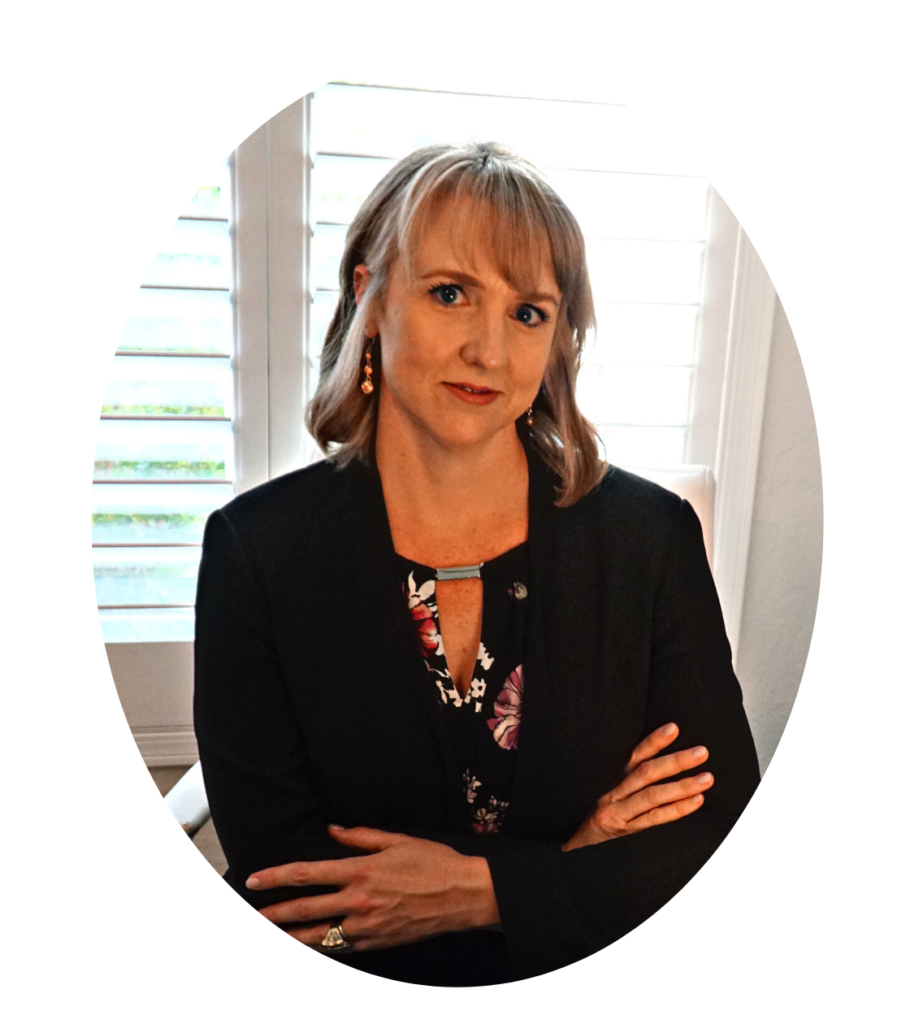It’s helpful to have a relaxation technique that involves both breathing and visualization. Enter, Box Breathing! Try this powerful tool the next time you’re feeling stressed.
Continue readingPage 4 of 13
A sense of purpose and meaning can boost our well-being but seem overwhelming. It doesn’t have to be! Here’s how to start incorporating simple activities into your routine to boost this core area of integrative health.
Continue readingPlaying, or making time for enjoyable activities, is often neglected as we become adults. Yet, play can improve well-being and boost resilience. Get the details on why we should all make time for fun again.
Continue readingWe rarely change our behaviors based on doctor’s orders, because fear-based health recommendations don’t work long-term. Here’s how to shift the focus to joy and create sustainable, healthy habits.
Continue readingSlow exhales are an evidence-based way to calm the body and mind. This simple straw breathing technique can help you extend your exhale and relieve stress.
Continue readingNasal breathing is an evidence-based way to decrease stress and anxiety. Give it a try with this 5-minute guided nasal breathing practice.
Continue readingRelationships are the biggest predictor of happiness and well-being and a core area of integrative health. Here are five simple ways to boost your connections (and happiness!) today.
Continue readingA simple way to decrease our stress is to look out at the horizon or up at the sky, known as horizon gazing. When we use our panoramic or peripheral vision, it decreases activity in the brain associated with stress.
Continue readingStruggling to establish healthier habits? You can make it easier with a simple technique called “habit stacking.” This is one of my favorite lessons from James Clear’s Atomic Habits.
Continue readingFeeling stressed or anxious? Extended exhale breathing can provide immediate relief. Here’s how to practice and a few pointers for getting started.
Continue reading









